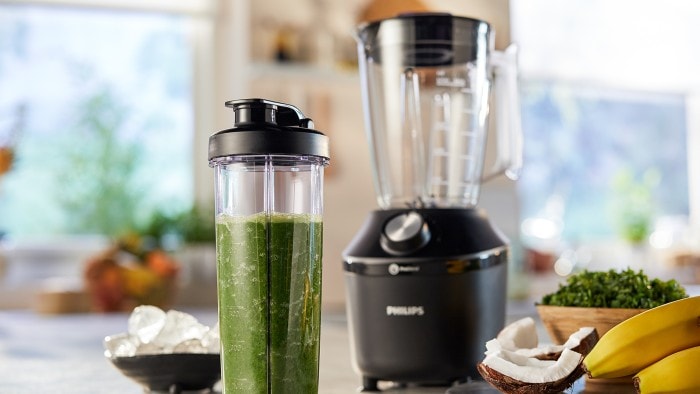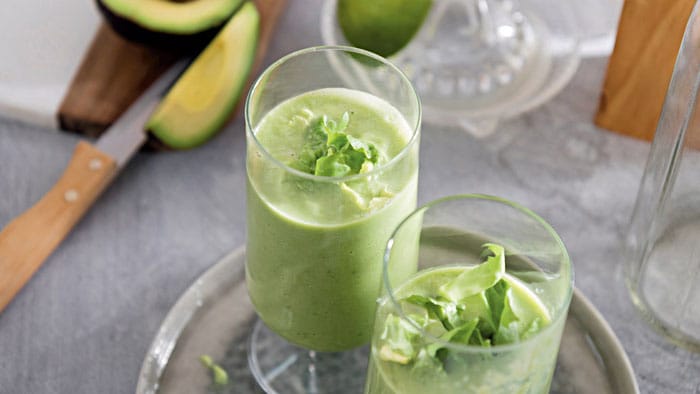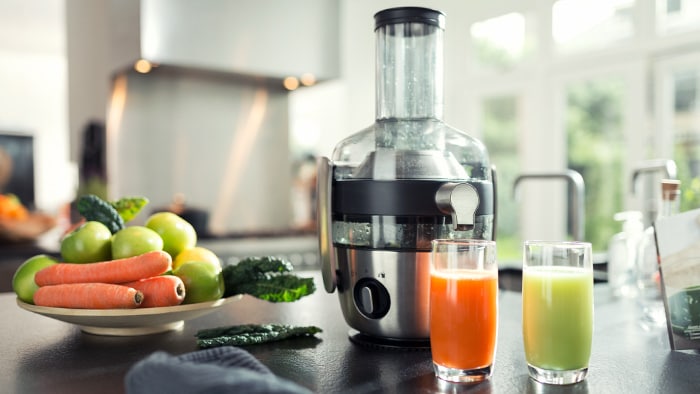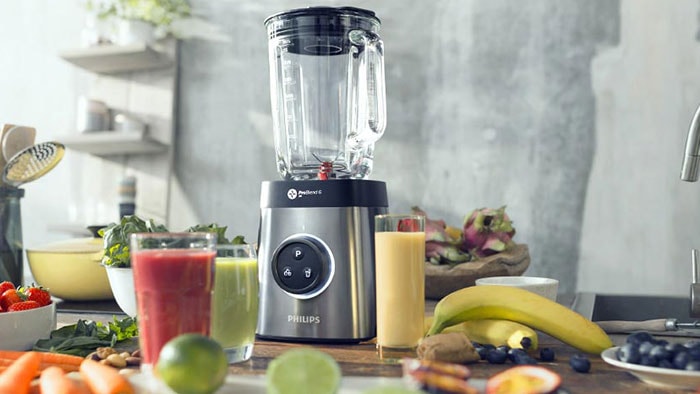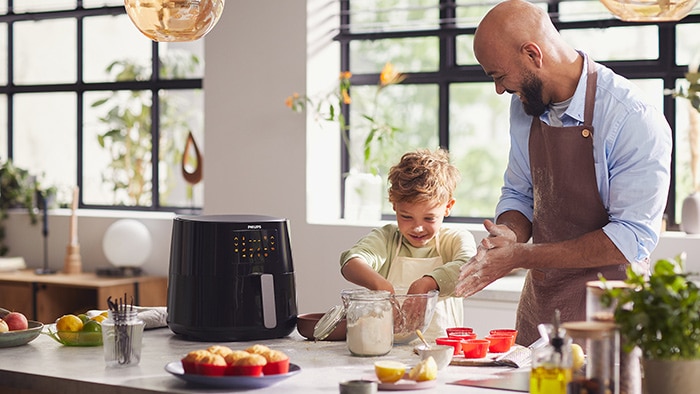Reading time: 4 Min
Why is vitamin C important and what are good sources of vitamin C?
Vitamin C, also called ascorbic acid, is possibly one of the most talked about vitamins. It supports various basic functions and processes in our body. But what exactly is the function of vitamin C?
Given it’s significant role in the body, it is also important to know some good sources of vitamin C. You may first think of lemon and orange, as they are known for being fruits rich in vitamin C. But along with regional fruits and vegetables, there are many other vitamin C rich foods.
This article explains more about the role of vitamin C in our body, and the best sources of this vitamin.
What is the function of vitamin C?
Vitamin C is a real all-rounder. An adequate intake of vitamin C supports the regular function of the immune and nervous systems. It also supports certain metabolic process, including energy metabolim and the production of connective tissue, bones and teeth. Another reason why vitamin C is important is that it helps the body to absorb iron.
How much vitamin C does my body need?
According to the NHS, the recommended daily intake of vitamin C is 40mg/day.* Children and adolescents will need less depending on their age, while pregnant women and smokers generally need more.
Our bodies can neither store nor produce vitamin C, but you can easily get enough of this vitamin if you eat a varied and balanced diet. For this reason, the NHS does not generally recommend taking supplements of this vitamin.*
What foods are high in vitamin C?
When people consider different sources of vitamin C, most will think of fruit. Here are some fruits rich in vitamin C:
- Citrus fruits. The fruit pulp of an orange contains 53mg of vitamin C, which is enough to fulfil your daily recommended amount.
- Pepper. Half of a pepper contains 32mg of vitamin C.
- Fresh berries, including strawberries and blackcurrants.
- Tomatoes.
Vegetables are another type of vitamin C rich food:
- Broccoli. There is 110mg of vitamin C in one 100g serving of broccoli.
- Spinach. There is 28mg of vitamin C in one 100g serving of spinach.
- Cabbage.
- Potatoes.
What you need
-
- ProBlend Crush Technology
- Dishwasher-safe parts
- Powerful 1000W motor
- Unique 6 star blades
- Multiple speed settings
-
- Philips HR2291/01 ProBlend system
- 2 L maximum capacity
- 1.25 L effective capacity
- 2 speed settings + pulse
- Philips 3000 Series Blender with glass jar
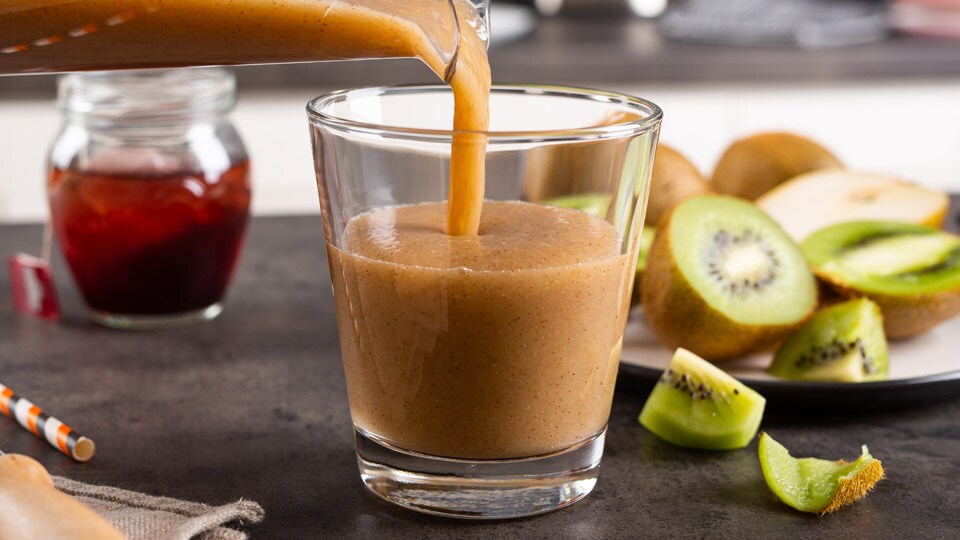
Making the most out of your vitamins with juicing
Vitamin C is sensitive to light and heat, so to ensure your food remains high in vitamin C, you shoud pay attention to the way it is stored and prepared. Food has most vitamin C when it is raw, fresh, and when you consume both the pulp and the skin. Therefore, freshly squeezed fruit and vegetable juices are an excellent way to get your daily dose of this vitamin.
100ml of fresh orange juice contains 50mg of vitamin C, while the same amount of lemon juice has 38.70mg. If your tastebuds are craving some variation, you can try delicious juices and smoothies made from other vegetables and fruits rich in vitamin C.
If you want to prepare a drink that’s packed in vitamin C, all you need is fresh fruit and a juicer, such as the Philips Avance Slow Juicer, which gently extracts the maximum amount of nutrients from the ingredients. This variation on orange juice is bursting with vitamin C and contains carrots, grapefruit, orange, lemon and ginger.
With a selection of vitamin C fruits and vegetables or fresh juice containing plenty of vitamin C, you can quickly meet your daily needs. At the same time, you are contributing to a balanced diet and a healthy lifestyle.
* https://www.nhs.uk/conditions/vitamins-and-minerals/vitamin-c/



